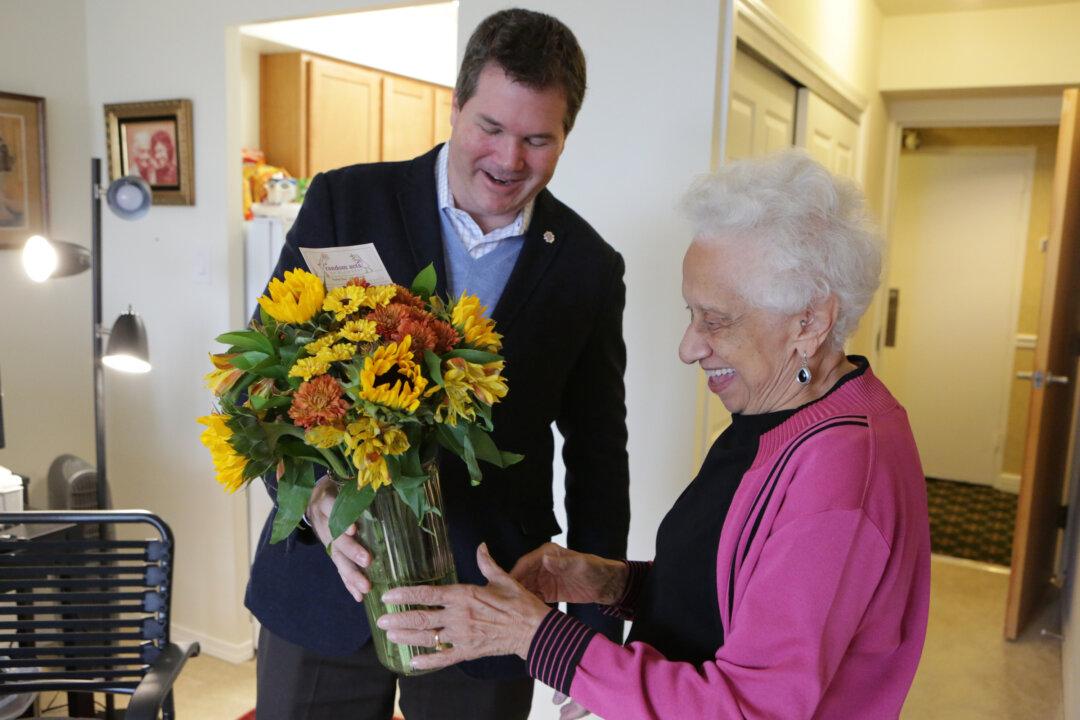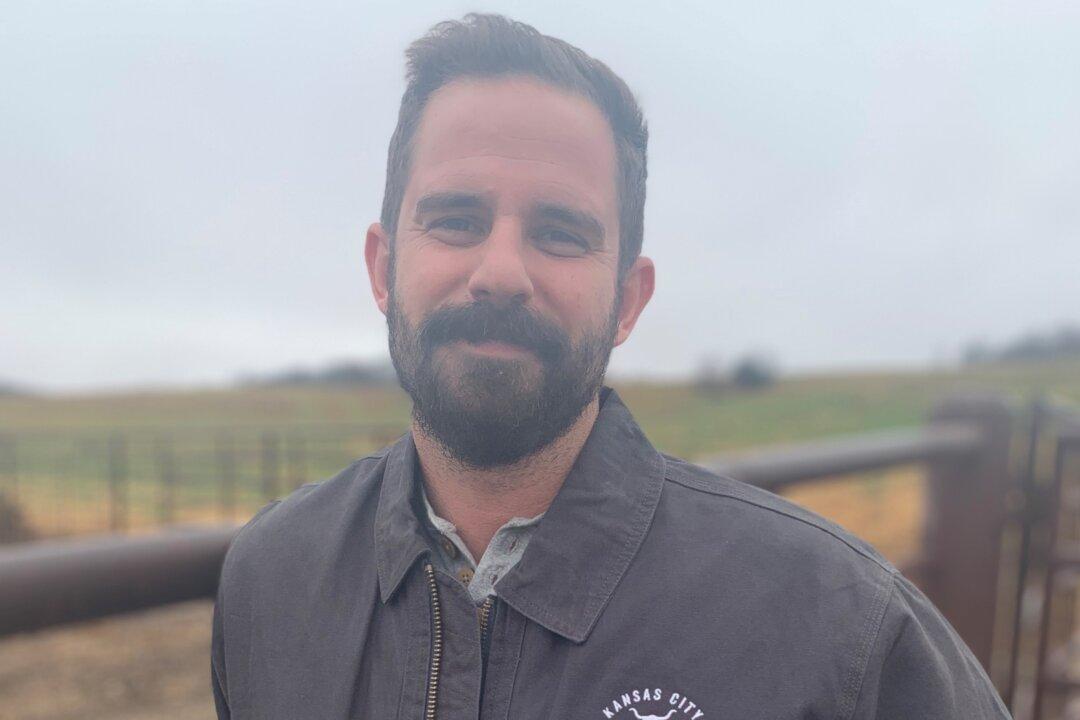In a hectic world, small acts of kindness can make a significant impact on people’s lives. For Larsen Jay of Knoxville, Tennessee, it was after a traumatic accident that he discovered the healing power of flowers.
One summer day in 2007, Jay was working on the roof of his workshop, tarp in hand, trying to fix a leak while his wife was out of town. He had been climbing up and down the ladder repeatedly, but as he ascended to the top for the 15th time, the ladder collapsed. He plummeted face-first toward the concrete.






